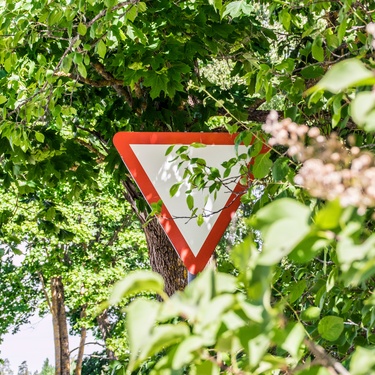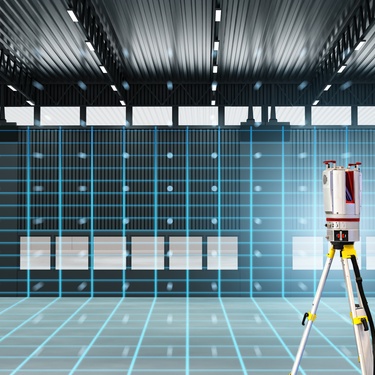
When loved ones pass away, they often pass prized possessions such as property, investments, and personal belongings down to other family members. Inheriting something as large as an estate can leave you grateful and overwhelmed. While this is an incredible gift, especially if the family has remained on the property for generations, it can also be daunting. You have to navigate through the legal and financial processes and manage the emotional impact of inheriting an estate. Below are several things you need to do after inheriting an estate for a smooth process.
Settle Debts and Taxes
Many may believe that the banks remove any associated debts once we inherit a property. However, this is usually not the case. You’ll have to settle any outstanding debts or taxes on the property before you can take full ownership of it.
Compile a list of all financial responsibilities associated with the estate. This may include mortgages, personal loans, credit card debt, and outstanding utility bills. Likewise, carefully review any financial documents the deceased leaves and contact their creditors or a tax professional to determine whether you need to pay anything off.
Understand the Will and Legal Documents
The next thing you need to do after inheriting an estate is carefully review the will and associated legal documents. This is especially helpful if the will is complex or if there are multiple beneficiaries involved.
Read through the will with an experienced probate attorney so you and anyone else know what to expect. The attorney can also guide you in filing necessary court documents and clarify your responsibilities as an executor or trustee. Verify beneficiary designations for life insurance policies, retirement plans, or bank accounts.
Clean Out the Property
Depending on the current state of the property, you may also have to clean it out or clear specific areas. Begin by separating what you’ll keep within the family, what you’ll donate, items you can sell, and what you’ll trash. Consider renting a roll-off dumpster if there’s a lot of junk to clear out.
When cleaning, begin with any personal items left behind by your loved one. These may hold sentimental value, so carefully pack and store them for safekeeping. Afterward, move on to clearing out furniture, appliances, and other belongings you don’t want to keep or donate.
Pro Tip
Ensure you know how to load your roll-off dumpster before you begin placing trash in it. This can save you time and money in the long run.
Distribute Assets
Once you’ve settled taxes and debts and understand the will and legal documents, you can begin distributing assets to beneficiaries. These may include the property itself, as well as any investments or personal belongings.
Work with your attorney and financial professionals to determine the best way to distribute assets, considering any potential tax implications. Keep detailed records of all distributions made and provide necessary documentation to beneficiaries.
It’s OK to take your time and seek help when needed. Lean on trusted professionals, friends, or family to guide you through this process. You’re not alone in this; with patience and care, you can confidently manage the responsibilities ahead.
Bio: Casey is a passionate copyeditor highly motivated to provide compelling SEO content in the digital marketing space. Her expertise includes a vast range of industries from highly technical, consumer, and lifestyle-based, with an emphasis on attention to detail and readability.



















